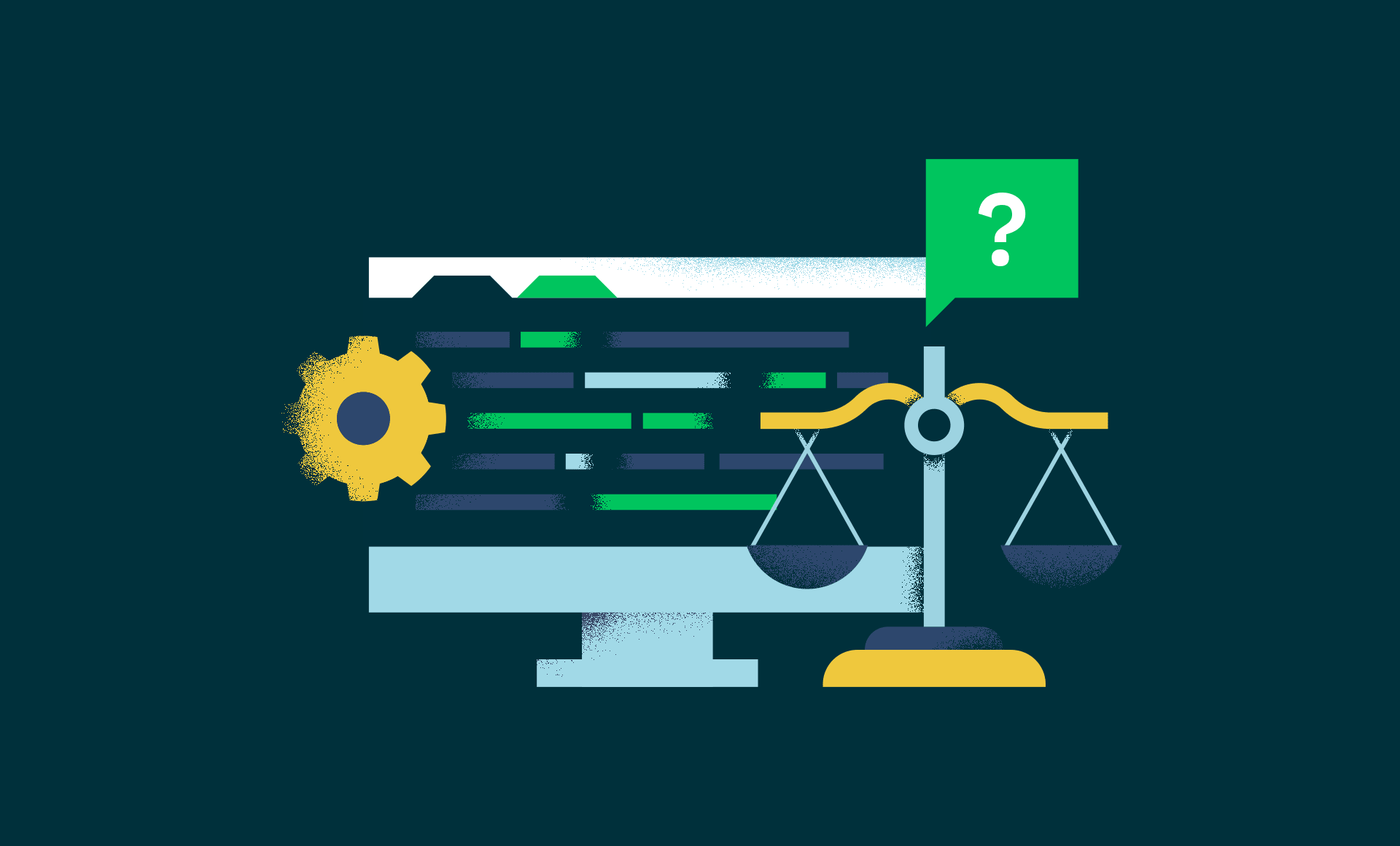Artificial intelligence (AI) is quickly evolving how lawyers practice, especially corporate counsel and business lawyers. In fact, in a recent survey, more than 39 percent of in-house counsel anticipated AI will be part of their daily practice within the next decade. Why the shift? Clients aren’t as willing to pay sky-high billable rates for routine work like document review or discovery due diligence. Many law firms already outsource these legal services to lower cost alternative legal service providers. AI provides additional cost savings while reducing potential error and liability. For many firms, automation is a logical step to streamline their practice.
AI in the legal profession has the potential for countless applications. For example, AI can quickly automate mundane or straightforward services, allowing lawyers to focus on higher-level problem-solving.
To demonstrate, let’s assume a corporate counsel conducts regular contract review between vendors as part of its due diligence. The process of reading through lengthy terms can be painstaking and time-consuming. Instead, attorneys can train AI software to review and notify an attorney about any changes in existing contracts or concerning terms. The software could even propose changes to benefit the business. AI allows attorneys to focus on impending litigation, spend more face-to-face time with clients, and direct more energy to complex legal tasks.
Other ways AI is used in the legal profession include:
- Automating low-level document drafting
- Identifying potentially relevant documents for discovery
- Finding clauses for review
- Collecting vital legal analytics to improve performance
- Predicting litigation outcomes based on existing case research
- Electronic billing and tracking
